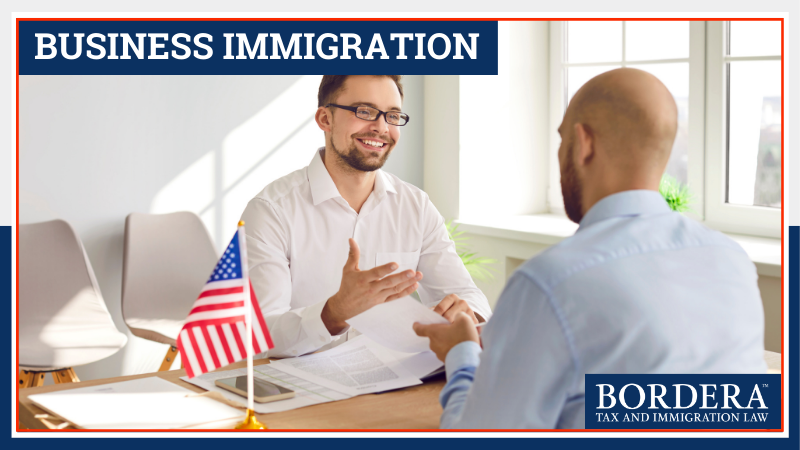
Embarking on an entrepreneurial journey under the E-2 visa program can be a thrilling experience but navigating the complex landscape of personal and business taxes in both the U.S. and Canada is a critical aspect of ensuring long-term success. In this article, we will explore 5 key strategies and considerations for managing personal and business taxes effectively, addressing the unique challenges faced by E-2 visa investors.
Cross-border tax treaties between the U.S. and Canada are designed to prevent double taxation and provide clarity on tax obligations. Successful E-2 visa investors understand and take advantage of the specifics of these treaties, considering factors such as residency rules and the taxation of business profits. For example, understanding the tie-breaker rules in the treaties can determine in which country an individual is considered a tax resident.
When it come to tax treaties, many investors and their advisors fail to properly consider the nuances of U.S. State income taxes. For example, some states many states do not follow Federal tax treaty or are completely silent on the issue. Unfortunately, our firm is frequently involved to help clean-up expensive situations where investors went to an inexperienced advisor who didn’t consider the nuances of state taxes which resulted in double-taxation.
The choice of business structure significantly impacts the tax liability of E-2 visa entrepreneurs. Sole proprietorships may offer simplicity but might expose the investor to higher personal liability. Partnerships and corporations provide varying degrees of liability protection but come with distinct tax implications. Engaging with qualified and experienced U.S. tax lawyers before speaking with any immigration counsel is key to understanding the pros and cons of each structure and helping investors implement a structure aligned with their business goals and risk tolerance.
U.S. tax laws, including residency rules and reporting obligations, are nuanced. E-2 visa investors need to stay compliant to avoid penalties and legal issues. This involves understanding the substantial presence test for tax residency, filing timely and accurate tax returns, and staying informed about updates in U.S. tax legislation. Bordera’s U.S. tax lawyers provide personalized guidance to ensure investors navigate these complexities with confidence.
Strategic income tax planning involves more than filing annual returns. E-2 visa investors can benefit from leveraging deductions and credits available in U.S. and Canada, thoughtful exit strategies, and accessing lower tax rates. Additionally, staying informed about changes in tax laws and adapting strategies accordingly is crucial for maintaining tax efficiency over the long term.
Repatriating profits from the U.S. to Canada or vice versa requires a thoughtful approach. E-2 visa investors can explore various strategies such as tax-efficient financing, royalty or management fees, or salary adjustments. Considering the impact of currency exchange rates and understanding the tax implications of each method is vital. Our firm specializes in developing personalized repatriation strategies to help investors make informed decisions aligned with their financial goals.
Managing personal and business taxes under the E-2 visa program in both the U.S. and Canada requires a holistic and strategic approach. By navigating cross-border tax treaties, optimizing business structures, ensuring compliance with U.S. tax laws, engaging in strategic income tax planning, and maximizing repatriation strategies, E-2 visa investors can position themselves for financial success and long-term sustainability.
As a tax and immigration law firm with over 20 years of experience, we recognize the challenges faced by E-2 visa investors. Our expertise in U.S. tax planning for E-2 visa holders encompasses a comprehensive understanding of the legal landscape and a commitment to helping clients navigate the complexities of cross-border taxation. Contact us today for personalized guidance on optimizing your personal and business taxes under the E-2 visa program.